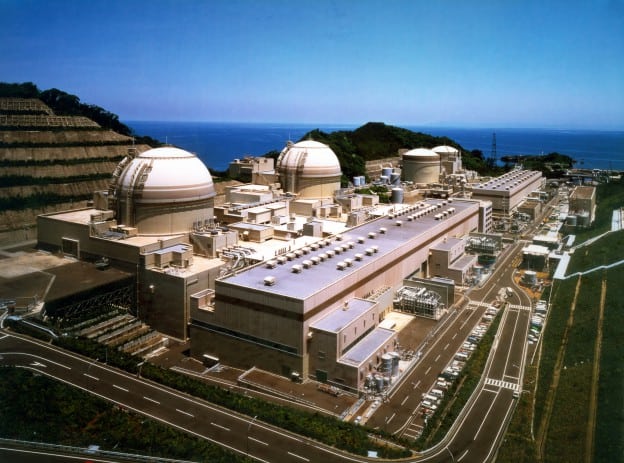GE Vernova Turbines Part of Upgrade at Japan Gas-Fired Power Plant
The Nanko Power Plant in Osaka, Japan, will be upgraded with new gas turbines from GE Vernova. The 1,800-MW station, which was commissioned in late 1990, is replacing three boilers […]
The post GE Vernova Turbines Part of Upgrade at Japan Gas-Fired Power Plant appeared first on POWER Magazine.


